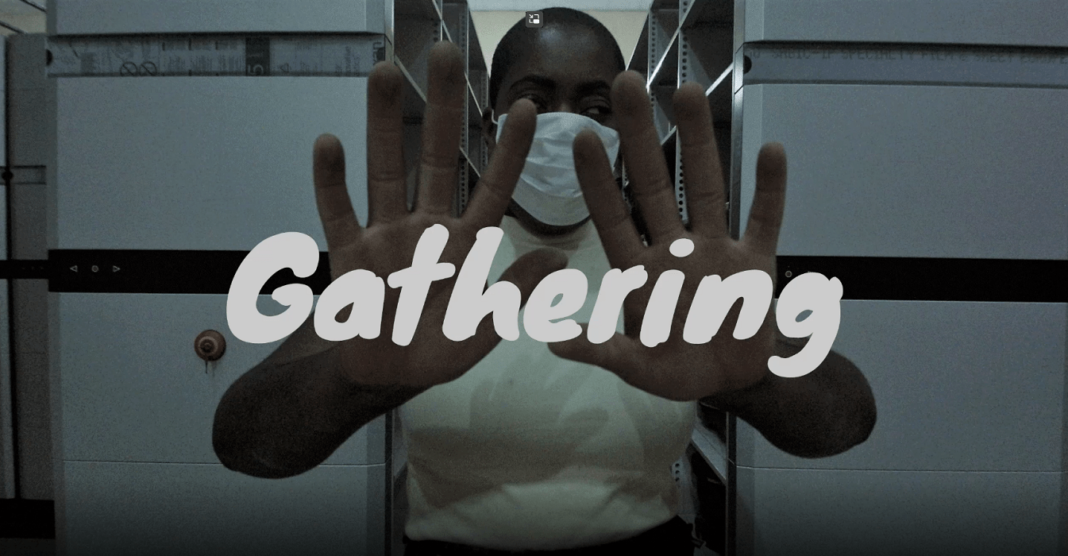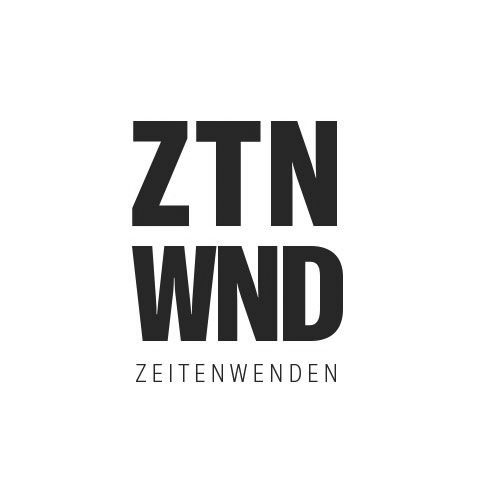Since spring 2021, international artists, curators and academics have been contributing their global perspectives to the 99 Questions series and attempting to rethink ethnological museums. Together with the experts, approaches to dealing with coloniality are developed. Central questions are digitalisation and forms of restitution. The series concludes the first cycle of 99 Questions with a two-day gathering. On 27 and 28 October, readings, performances, films, talks and short impulse sessions with contributions by Priya Basil, Beatrice von Bismarck, Onyeka Igwe and Denilson Baniwa, among others, will take place throughout the Humboldt Forum from 10 am until the evening.
Image above: © Onyeka Igwe
In the 99 Questions series, an international The first cycle of 99 Questions concludes with a two-day event that, like a pilgrimage, also represents a departure. From 27 to 28 October, artistic interventions, performances, films and short impulse sessions will take place decentrally at several locations in the Humboldt Forum. The focus will be on topics such as digitalisation and technology, ecologies of knowledge and understandings of aesthetics, forms of restitution and the various connections between museum collections and ecology.
Program
Walking in Words – An immersive reading experience with Priya Basil
The author and activist Priya Basil will introduce the two-day 99 Questions Gathering with several readings at different locations in the Humboldt Forum, and she will also bring the event to a close. During the two days, she will take on the role of an active observer and reflect on the Gathering in literary form.
Impulse sessions on curatorial hospitality and other topics
Residency Fellows from 99 Questions (The Nest and Open Restitution Africa) speak in the impulse sessions about forms of restitution and about collections, data and the ongoing violations of African knowledge systems. Other guests such as curator Sara Garzón will introduce an intersectional dialogue on technology. Curator Andrei Fernández reports from her practice with indigenous feminist weavers’ collectives, and art historian Beatrice von Bismarck gives a keynote lecture on curatorial hospitality.
No Archive can restore you – three films by Onyeka Igwe
A filmic intervention in the collection presentations of the Ethnological Museum. Filmmaker Onyeka Igwe has developed a visual language to work with the sensitive and often racist material of audiovisual ethnographic documentation. The three films Specialised Technique, the names have changed, including my own and truths have been altered and No Archive Can Restore You will be shown in front of the exhibition cases in the Ethnological Collections. By using movement and rhythm, the films contrast with the static presentation of the objects and bring together colonial stories with personal memories.
Places of Belonging – Performance von Tila Likunzi, Iris B. Chocolate, Jaliya The Bird, Mwana Pwo und Liliane Kiam
The performance by the Angola-based artists and curators deals with the re-appropriation of knowledge about objects as a process of active memory work. At the centre is the sculpture of Chibinda Ilunga, a mythical hero who is considered the founder of the Lunda dynasty in present-day Angola, on display at the Ethnological Museum. In a poetic dialogue with the sculpture, the performance reflects on the diaspora of abducted objects and explores the question of whether the powers of a figure – detached from its cultural, religious and political contexts – were co-developed.
Maloca Museum – Gespräch mit Denilson Baniwa und Thiago Lopes da Costa Oliveira
The collections of the Ethnological Museum include artefacts and images collected in the upper Rio Negro. With the Maloca Museum project, the artist Denilson Baniwa and the curator Thiago Lopes da Costa Oliveira promote processes of re-appropriation of knowledge that emanates from these objects. As a mobile installation, the Maloca Museum makes stops at different places in the Rio Negro, creating a place for exchange and encounter to learn more about the meanings and practices inspired by contact with those artefacts.
Detailed programme with schedules for the two-day Gathering: humboldtforum.org/gathering
The events are open to all interested parties free of charge, whether for a full-day participation or individual contributions. The impulse sessions, however, have a limited capacity and require registration via 99questions@humboldtforum.org.
One house, four actors: the polyphony is already inherent in the cooperation of the partners. At the Humboldt Forum, the Humboldt Forum Foundation in the Berlin Palace, the Prussian Cultural Heritage Foundation with the collections of the Ethnological Museum and the Museum of Asian Art of the National Museums in Berlin, the Humboldt-Universität zu Berlin with the Humboldt Laboratory and the Stadtmuseum Berlin with the Berlin exhibition BERLIN GLOBAL.
WHEN?
Thursday, 27. October until Friday, 28. October 2022
WHERE?
Humboldt Forum
Schloßplatz 1
10178 Berlin-Mitte






